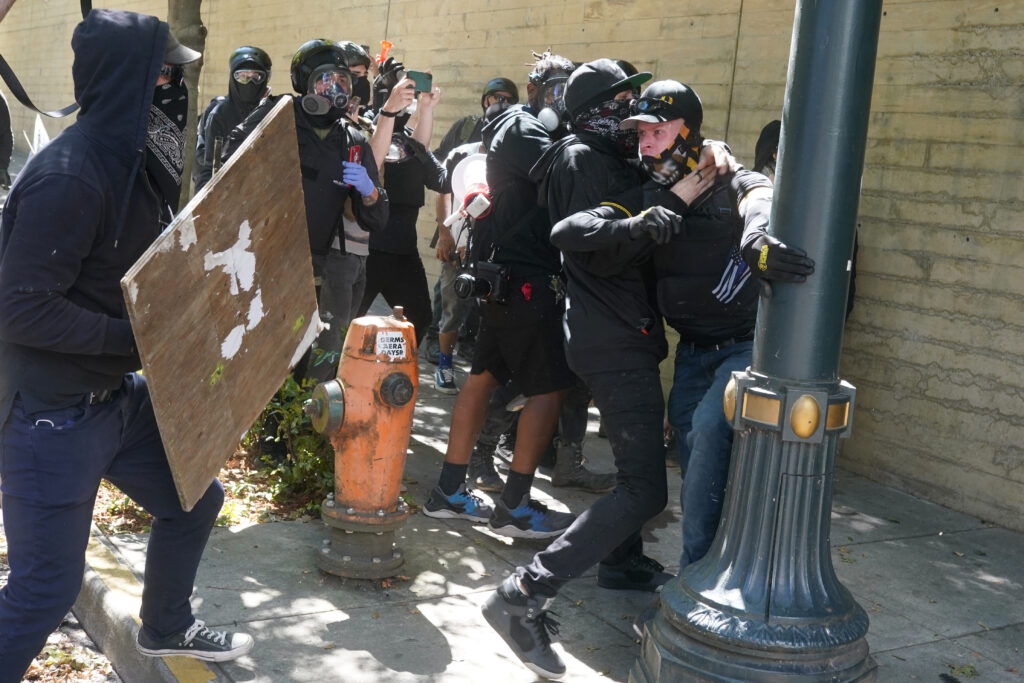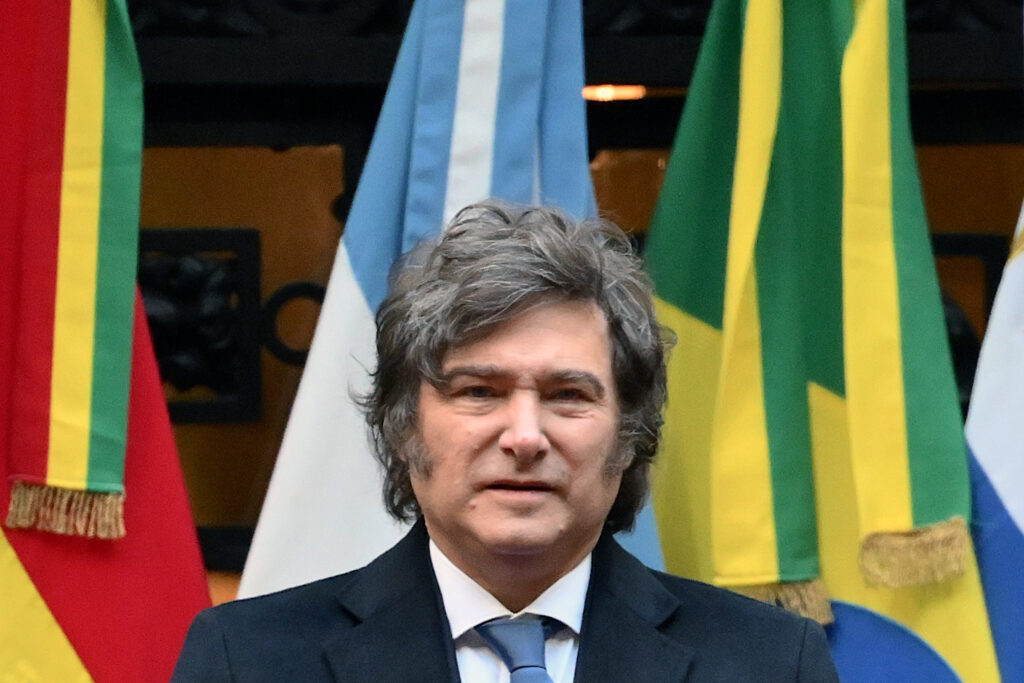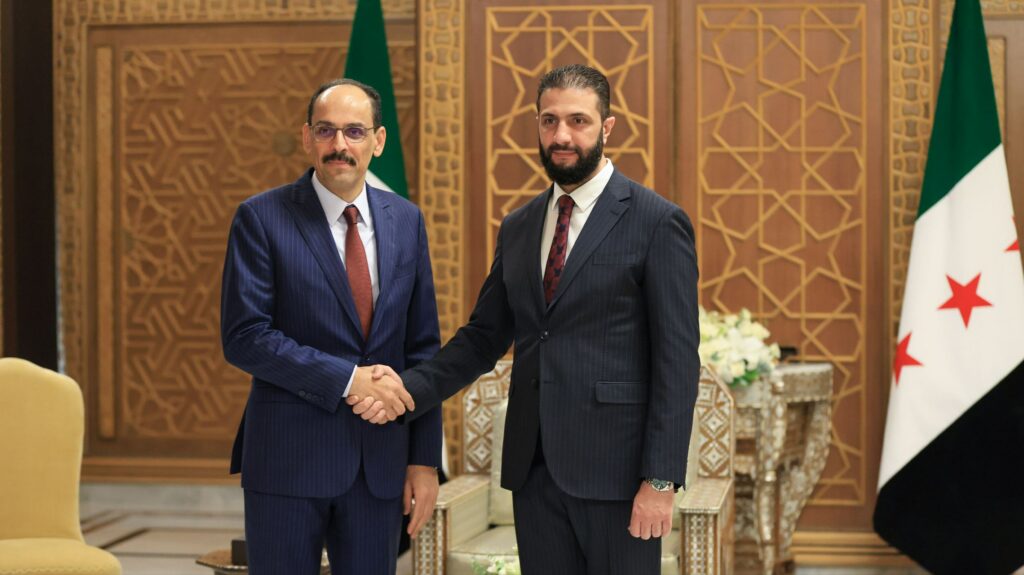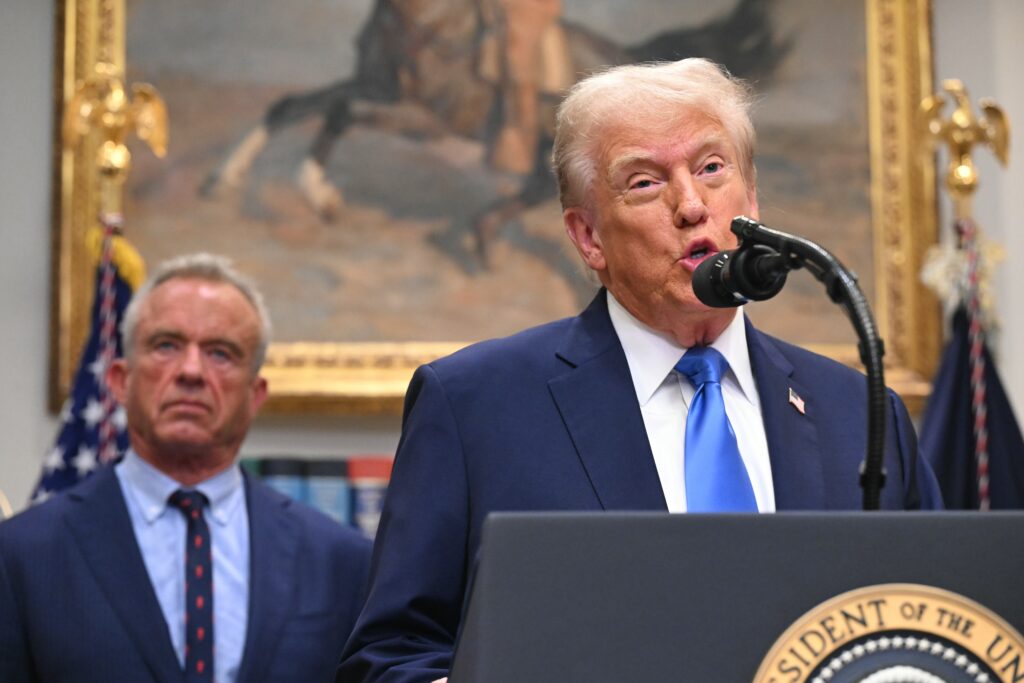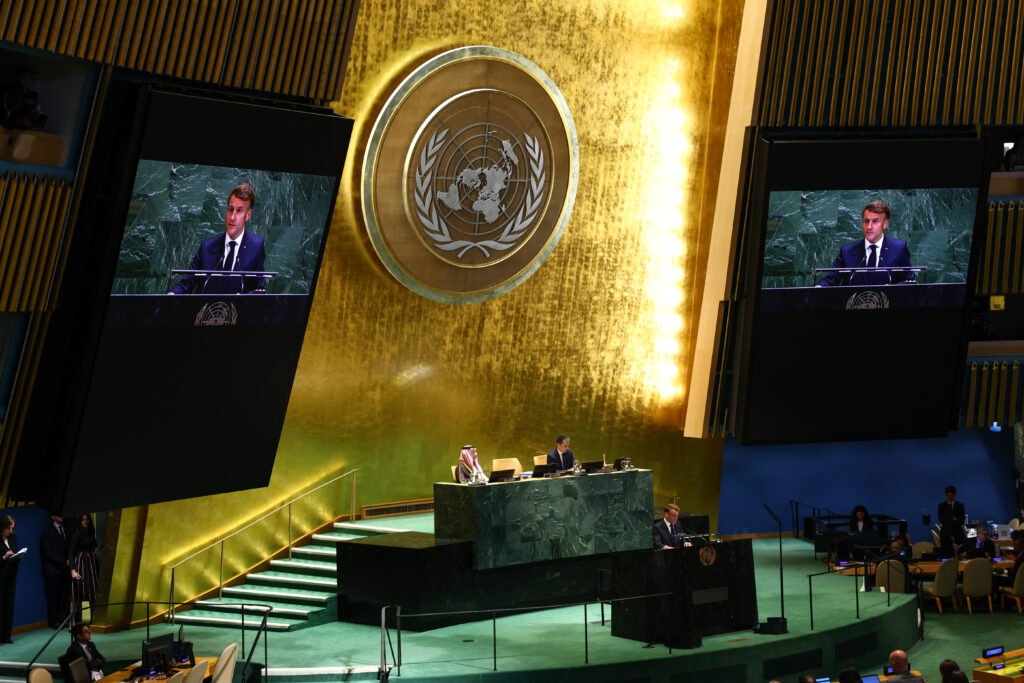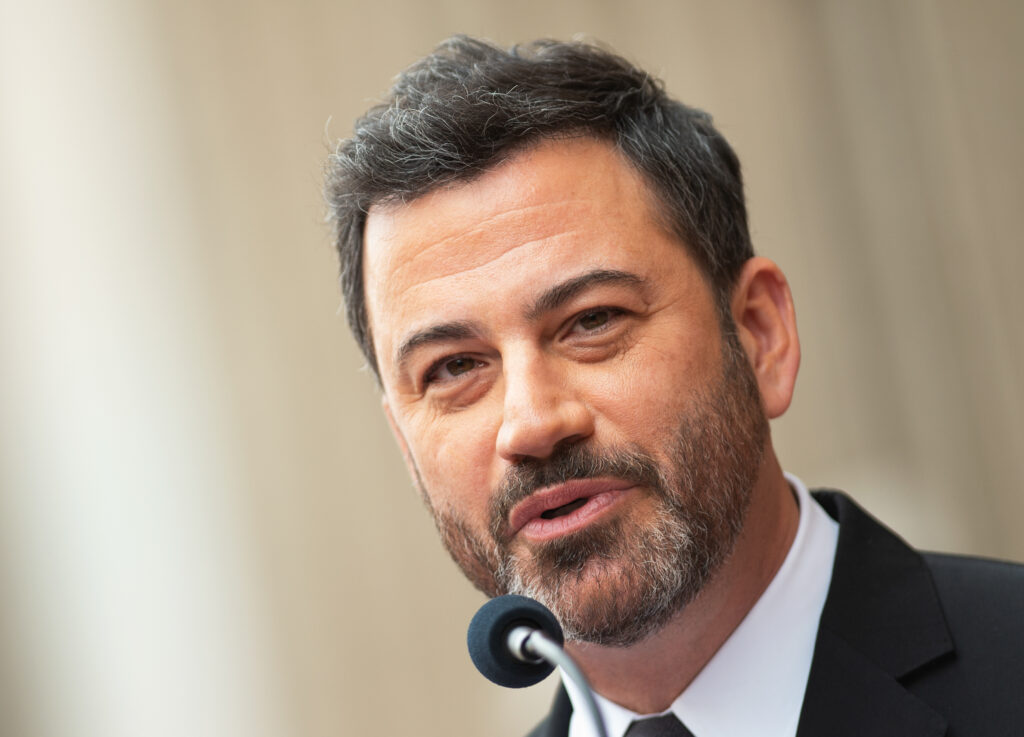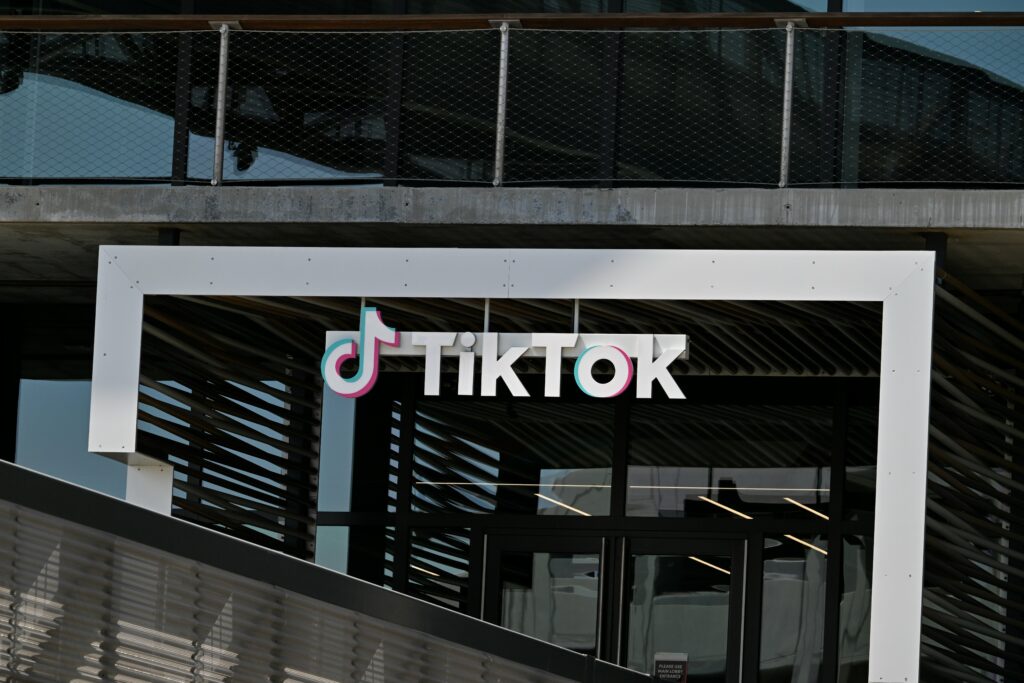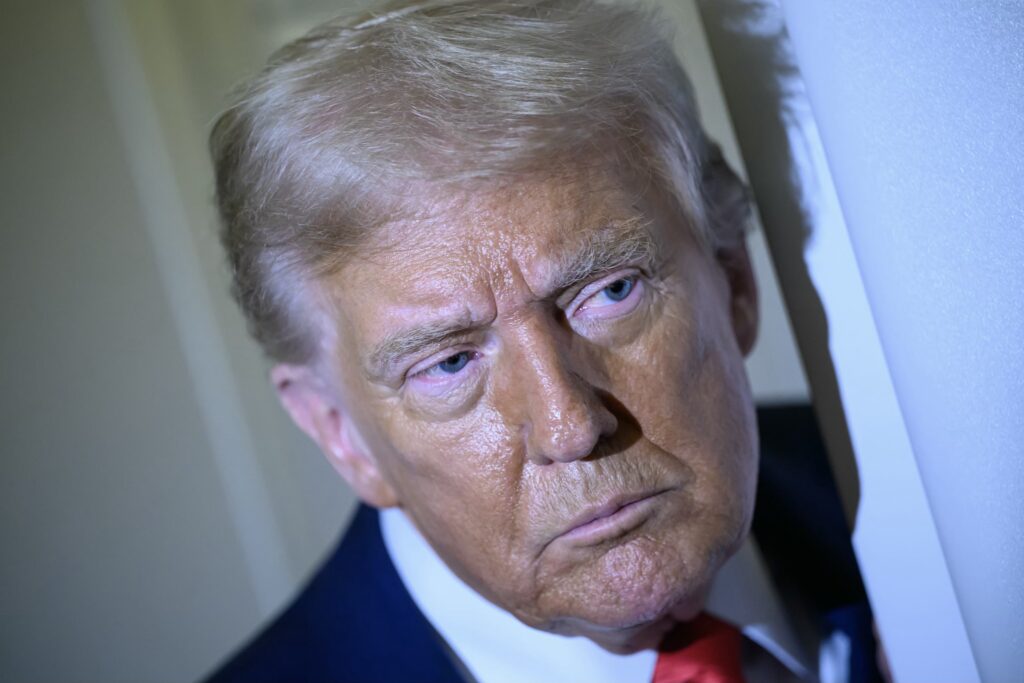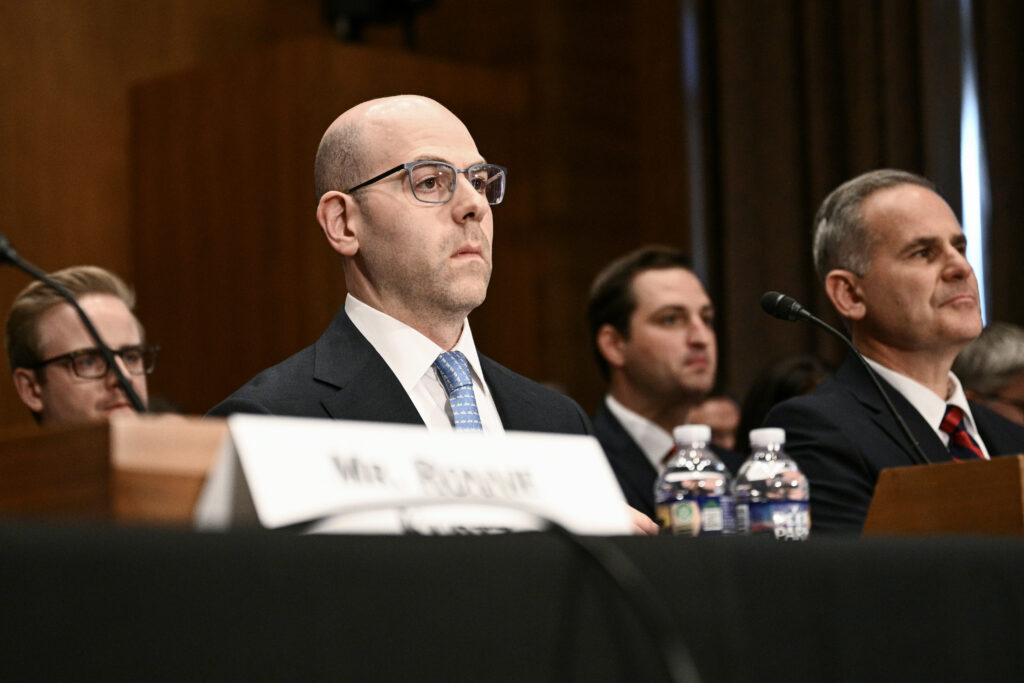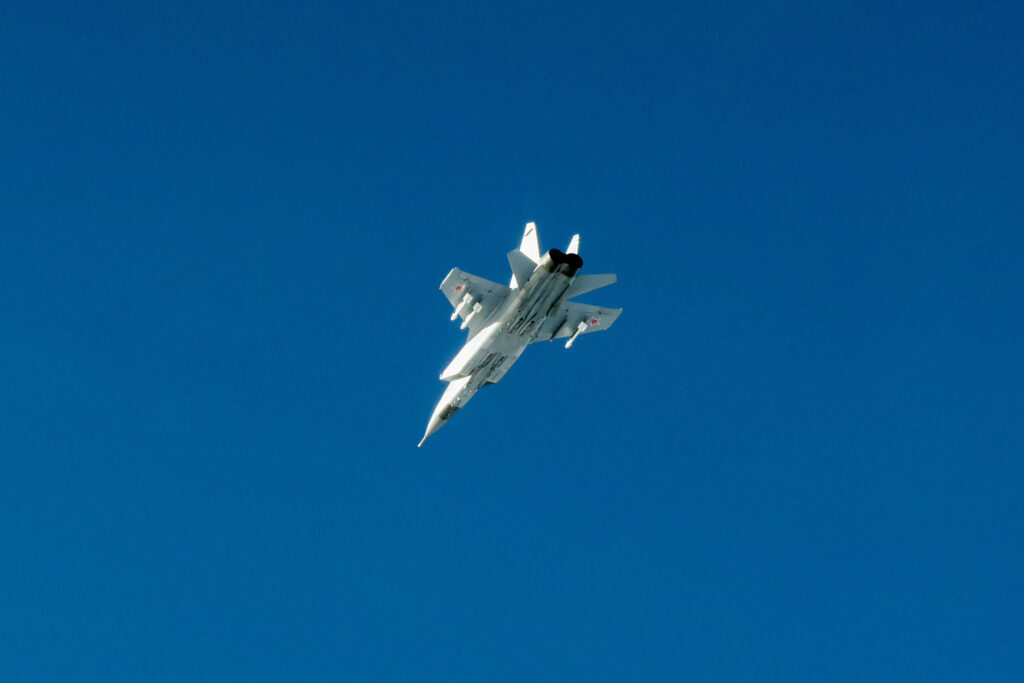Antifa: who are they?
Antifa, designated a “domestic terrorist organization” by US President Donald Trump on Monday, is a nebulous movement of left-wing “anti-fascist” activists that experts say is more a political ideology than an organized group.Trump’s move follows the September 10 assassination of conservative influencer Charlie Kirk and is one of several actions the Republican president has threatened to take against opponents he accuses of fomenting violence.- Who is Antifa? -Antifa stands for anti-fascism, and the name comes from early 1930s Germany, where socialist “anti-fa” groups attempted to stand up to the rise of Adolf Hitler’s Nazis.Antifa has no national leader or centralized organizational structure and is made up of “independent, radical, like-minded groups and individuals,” according to a 2020 Congressional Research Service analysis.Mark Bray, author of “Antifa: The Anti-Fascist Handbook,” said Antifa is “a kind of coalition politics of all kinds of radicals, from different kinds of socialists to communists, anarchists and more independent radicals.””Sometimes I compare it to feminism,” Bray, a historian at Rutgers University, told The Washington Post. “There are feminist groups, but feminism itself is not a group. There are Antifa groups, but Antifa itself is not a group.”Anti-fascist groups in the United States have campaigned on a range of social justice issues in the past two decades but their principal focus has been countering the resurgence of neo-Nazi and white supremacist groups.One of the oldest, Rose City Antifa of Portland, Oregon, began in 2007 to shut down a neo-Nazi skinhead music festival called Hammerfest.Antifa-aligned activists, often masked and dressed entirely in black, protest against racism, far-right values and what they consider fascism, and say violent tactics are sometimes justified in self-defense.Such protesters have been increasingly involved in direct confrontations with right-wing groups since Trump’s first election to the White House in 2016.During Trump’s January 20, 2017 inauguration, scores of black-clad, mask-wearing Antifa followers and other protestors smashed windows in Washington.In August that year, they were at the vanguard of counter-demonstrations when white supremacists and neo-Nazis marched in Charlottesville, Virginia, and engaged in physical fights with the rightists.- Can Trump designate Antifa as terrorists?Unclear.While federal law enforcement’s purview includes combating domestic terrorism, the United States has no statute that permits designating domestic groups as terrorist organizations, as there is for foreign groups like the Islamic State or Al-Qaeda.During his first term in office, following the protests against police brutality sparked by the murder of George Floyd, Trump announced that he would designate Antifa as “terrorists” on the same level as Al-Qaeda and the Islamic State but nothing came of it.The global terror designation is a powerful tool for law enforcement: it permits the arrest and imprisonment of someone who merely expresses support for those jihadist groups or others. That law has not been expanded to domestic groups for good reason: such a law, many fear, could tempt a leader to deploy it against political rivals and would violate First Amendment free speech protections.
